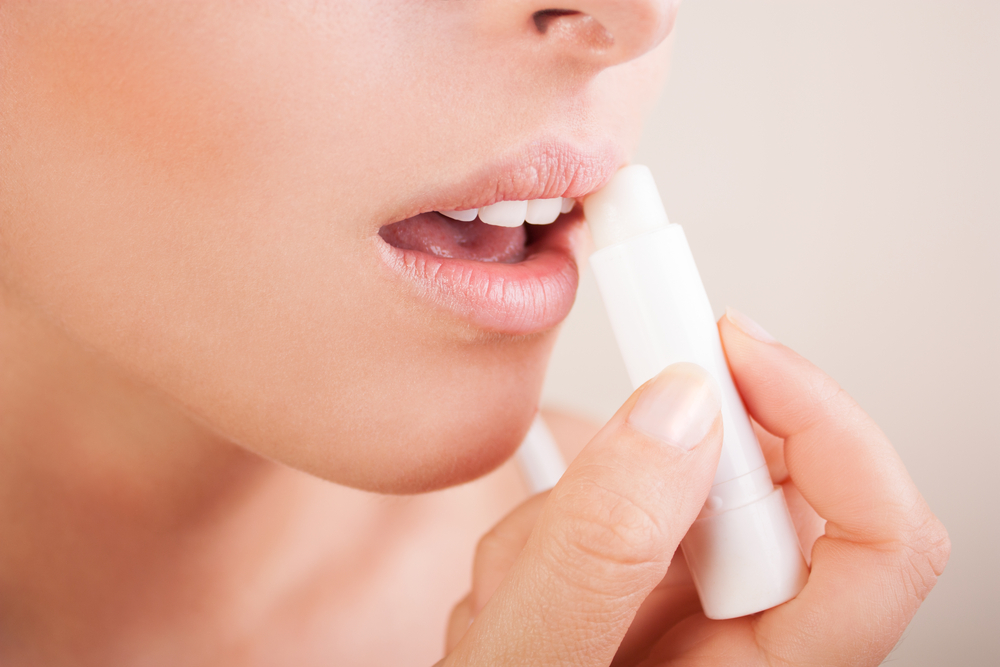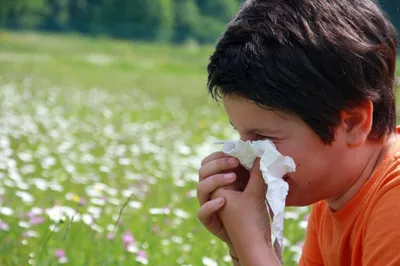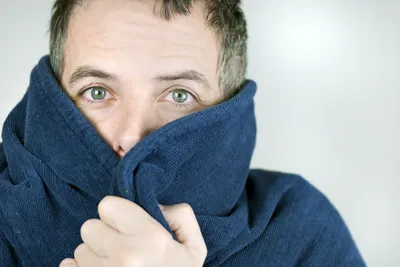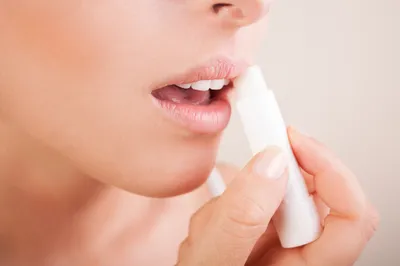Bee Pollen is essentially food made by honeybees in order to nourish young bees. This mixture of pollen collected by bees as they fly from flower to flower is considered a “super food” to many because it contains almost every single nutrient vital to human health—including folic acid and B-complex vitamins, protein and amino acids. This is an obvious plus for vegans and vegetarians, particularly since beekeepers can remove pollen from a hive without any harm to its bee occupants.
Although there are only a few scientific studies that touch on the benefits of bee pollen, many swear by it for a buzz of energy, a boost to immunity, heart health, digestion, and much more. But remember, you should always check with your medical doctor before taking any supplement or implementing any new health food (particularly if you suffer from existing allergies, are pregnant, or suffer low immune health)…
1. Decrease Allergies
Many medical doctors recommend the use of bee pollen in the diet to reduce the activation of mast cells, which emit histamine when an allergen is present. Mast cells are responsible for the production and release of histamine when you come into contact with an allergen. Histamine causes the inflammatory response—with the characteristic runny nose, sneezing, coughing, and itchy throat and eyes.
When researchers at Japan’s Juntendo University School of Medicine tested this theory by feeding a group of mice a daily dose of bee pollen, the overall quantity of activated mast cells reduced greatly, resulting in lower histamine production. In fact, findings showed that the more bee pollen given to a mouse; the more the allergy mast cell activation reduced. Keep in mind that more scientific research needs to be conducted and bee pollen can be dangerous if you have an allergy to honey or bee stings, or if eating pollen exacerbates your existing plant pollen allergies.
2. Relief of Menopausal Symptoms
Researchers at NYU Langone Medical Center conducted a small double-blind study followed by a trail to test the affects of bee pollen, royal jelly (worker bee secretion), and grass pollen (or Pueraria mirifica) on menopausal women. Bee pollen is known to contain numerous active phytosterols, amino acids, and phytoestrogens as an effective relief for menopausal symptoms.
Participants in the double-blind study reported decreased vaginal dryness as well as relief for a numerous menopausal symptoms—including less irritability and mood swings, reduced frequency of hot flashes, and a marketable improvement in quality of life during menopause.
3. Strengthen your Immune System
It makes sense that a natural supplement, like bee pollen, long administered for its anti-viral, anti-microbial, and anti-inflammatory properties would be used to boost immunity.
According to a 2010 study, published in the journal, Phytotherapy Research, bee pollen has the power to regulate the immune system by producing higher levels of beneficial intestinal flora, antioxidants, protective compounds, and proteins, which guard the body against viruses and the damaging effects of free radicals.
4. Ease Digestion
Although the studies are still rather inconclusive, researchers from University of Utah Heath Care claim that in addition to healthful vitamins, minerals and proteins in bee pollen, this substance also contains digestive enzymes from bees, which is believed to aid in digestion.
Web MD says that although bee pollen is long consumed as a gastrointestinal (GI) aid to alleviate constipation and diarrhea, reliable evidence on the effectiveness of bee pollen enzymes are still inconclusive.
5. Keep Skin Supple and Smooth
I admit it, there is a tube of Burt’s Bees lipstick in my purse. I use it all the time to soften my winter dry lips, and I swear by its effectiveness like many who use bee pollen as a topical skin aid—to treat chapping, skin dryness, diaper rash, and even eczema.
According to single, specialized, monograph study, published in the Natural Medicine Comprehensive Database, bee pollen is effective as a skin softening aid due to the numerous amino acids and vitamins, which boost skin cell regeneration.
6. Protect Your Prostate
Diseases affecting the prostate are prime concern for many aging gentlemen. Researchers from the Minneapolis VA Center for Chronic Diseases Outcomes Research, studied the effectiveness of bee pollen as a non-surgical complementary prevention method for benign prostate hyperplasia (BPH).
The 2000 study reviewed the large body of published research on bee pollen and BPH and established that bee pollen and bee pollen products showed beneficial promise on symptoms and treatment of BPH by helping to reduce inflammation and urinary frequency.
7. Improve Energy
According to research from the Huntington College of Health Sciences, the range of essential amino acids, vitamins A, C, D, E, K, complete B- complex, B5 (pantothenic acid), niacin, and bioflavonoids in bee pollen make it a powerful natural energizer.
Research indicates that many Olympic athletes consume bee pollen to improve their athletic performance, particularly due to its high levels of vitamin B5, which protect adrenal gland function while enhancing stamina and warding off fatigue.










